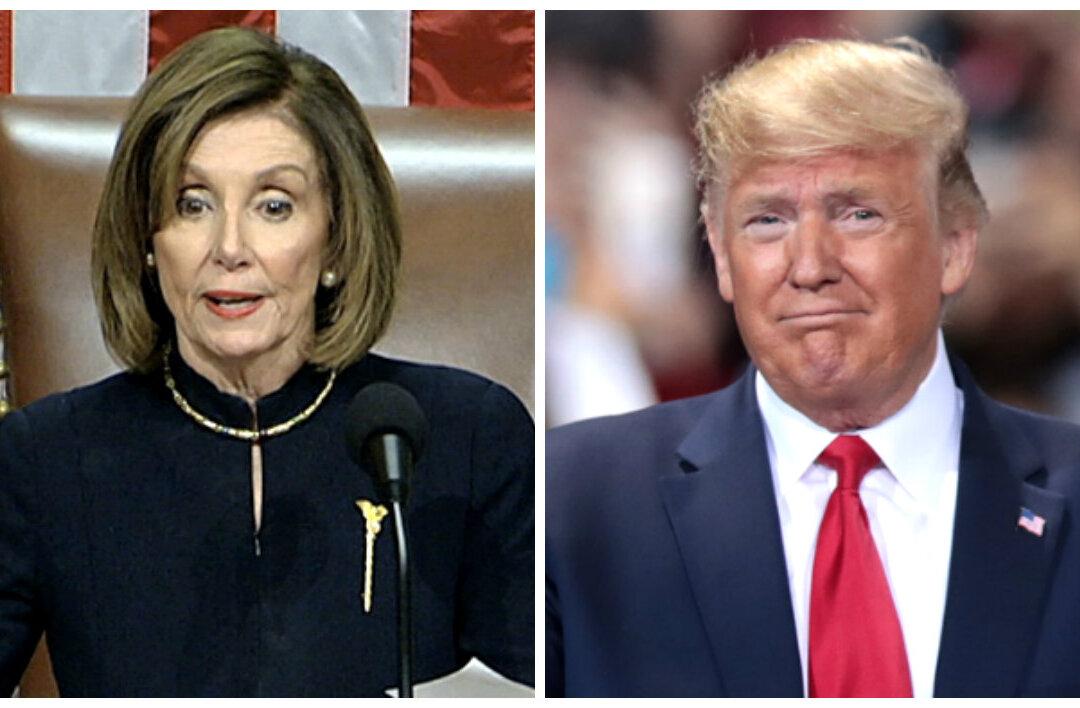WASHINGTON—President Donald Trump signed the Trafficking Victims Protection Reauthorization Act on Jan. 9, following several other anti-human trafficking bills.
The bill, S. 1862, was first passed in 2000 and covers a range of human trafficking issues, such as prosecution for trafficking, and restitution and temporary visas for victims.




